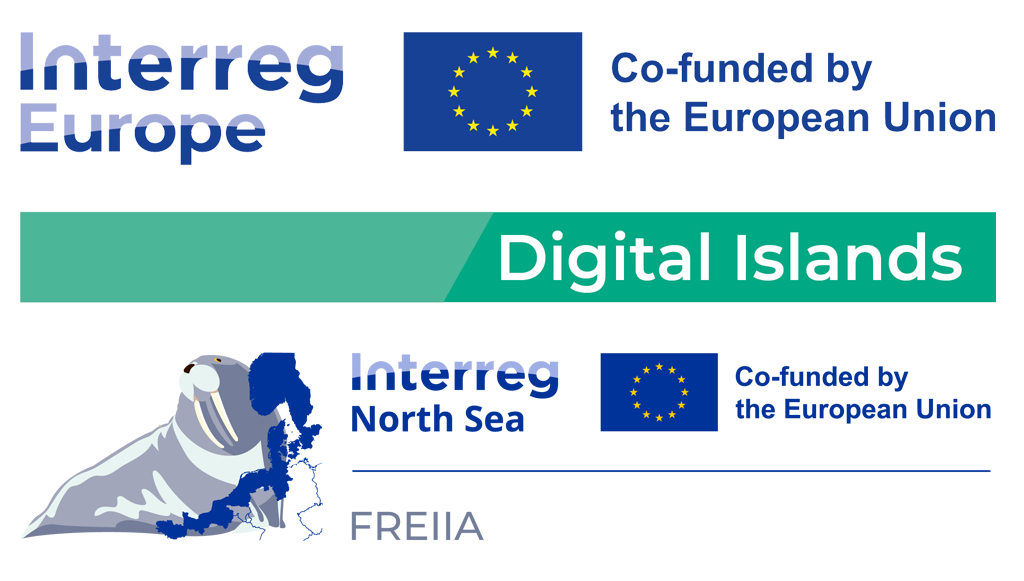The Research and Innovation Smart Specialisation Strategy, RIS3 Açores, aims to implement a model of economic development based on knowledge and innovation, for the improvement of regional effectiveness and competitiveness and to consequently reach a higher level of employment.
RIS3 Açores focuses the regional investment in three strategic areas, namely:
- Agriculture, livestock and agribusiness;
- Fisheries and sea;
- Tourism.
A good practice on strategy 8 “the pre-conditions and prior history in the innovation” is the practical case of operationalization of RIS3 Açores following a multilevel approach. The establishment of the multilevel governance structure in the innovation model aims to increase the interaction between key innovation actors, namely the public sector, academia, business community and civil society. This organizational model is composed of an Executive Commission, Regional Innovation Council and RIS3 Thematic Working Groups.
They are oriented by a good governance principle of representative participation. This principle is applied by the RIS3 Açores using the methodology of “collaborative leadership” that implies involving the stakeholders on the decision process according to their skills and knowledge. The main contribution of this good practice is the intense interactive innovation model between the multiple actors at regional, national, and European levels, in order to share experiences and good practices for the production of regional innovation.
Source: DRAE Acores – Island of Innovation
Example of strategy 8A and B:
A. Prior History Awareness
In each situation, the local & regional policy makers and managers have to take into account the prior history and special pre-conditions, which play a role on the island (Rogers, 2003. Mazzucato, 2018. Boschma, 2015). For instance, when it comes to a sustainable energy transition, some islands with nature parks and high fluxes of bird migration, might be strongly opposed to energy generation via large wind- turbines, while others are in favor of this option. It is important to study these elements, since the success of the TIPPING approach is dependent on a focus on such issues and solution directions, which potentially are at least open for discussion for the involved island stakeholder groups.
Boschma states:
History is key to understand how regions develop new growth path, as its past not only sets limits but also provides opportunities for making new combinations and diversifying into new pathways.
A historic exploration, a SWOT analysis, or further building on the outcomes of a smart specialization strategy might deliver relevant data to see where local government challenges and focus could be aimed atin the context of a specific island.
B. Climate for Local Innovation and Ambition
A central element in the TIPPING Approach is the conviction that today’s complex and unsecure innovation field requires a modern and step-by-step mix of evolving policy instruments. In that vision, cooperation, learning and probing, and facilitation are key policy concepts, where traditional regulation, legislation, and R&D subsidies alone are no longersufficient.
Compared to the traditional approach of taking winners and sectors as starting point, the modern instrument mix starts with challenges, “willers” and is mission-oriented. Moreover, instead of the initiation and execution of various more or less loose projects, a programmatic approach is considered essential, building a systematic knowledge position and -as local or regional government- helping to strengthen the regional innovation eco-infrastructure. In such a program, series of projects are well designed as systematic knowledge building blocks, allowing improvisation and flexibility, while planning via an active system of“reflective practice.”
Therefore, it is important to create a climate for local innovation and the ambition for continuous probing and learning with respect to the governance instrument mix.


